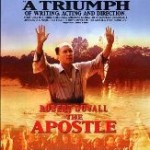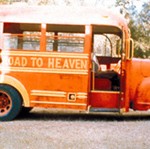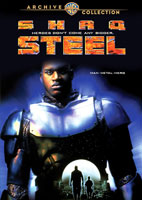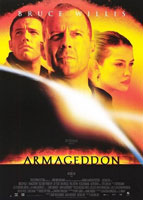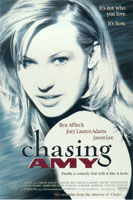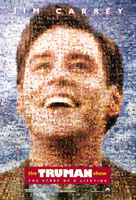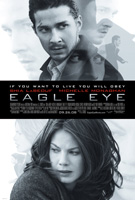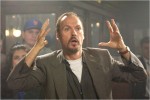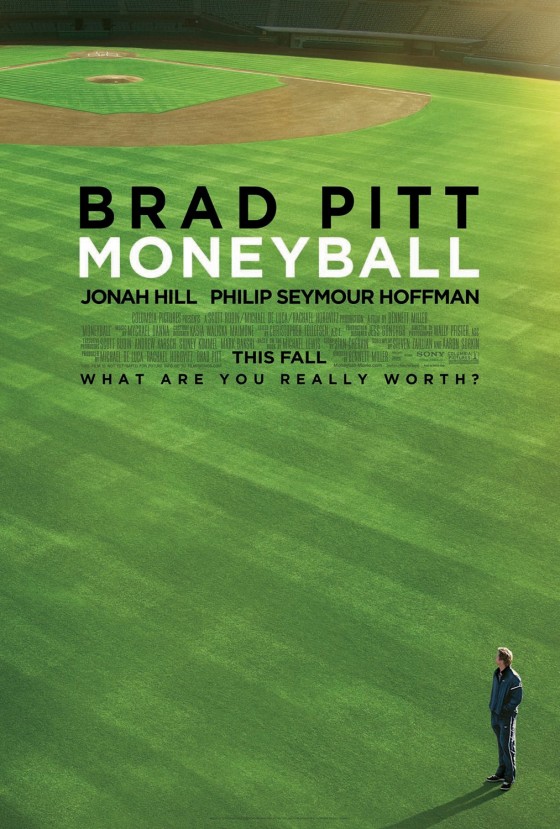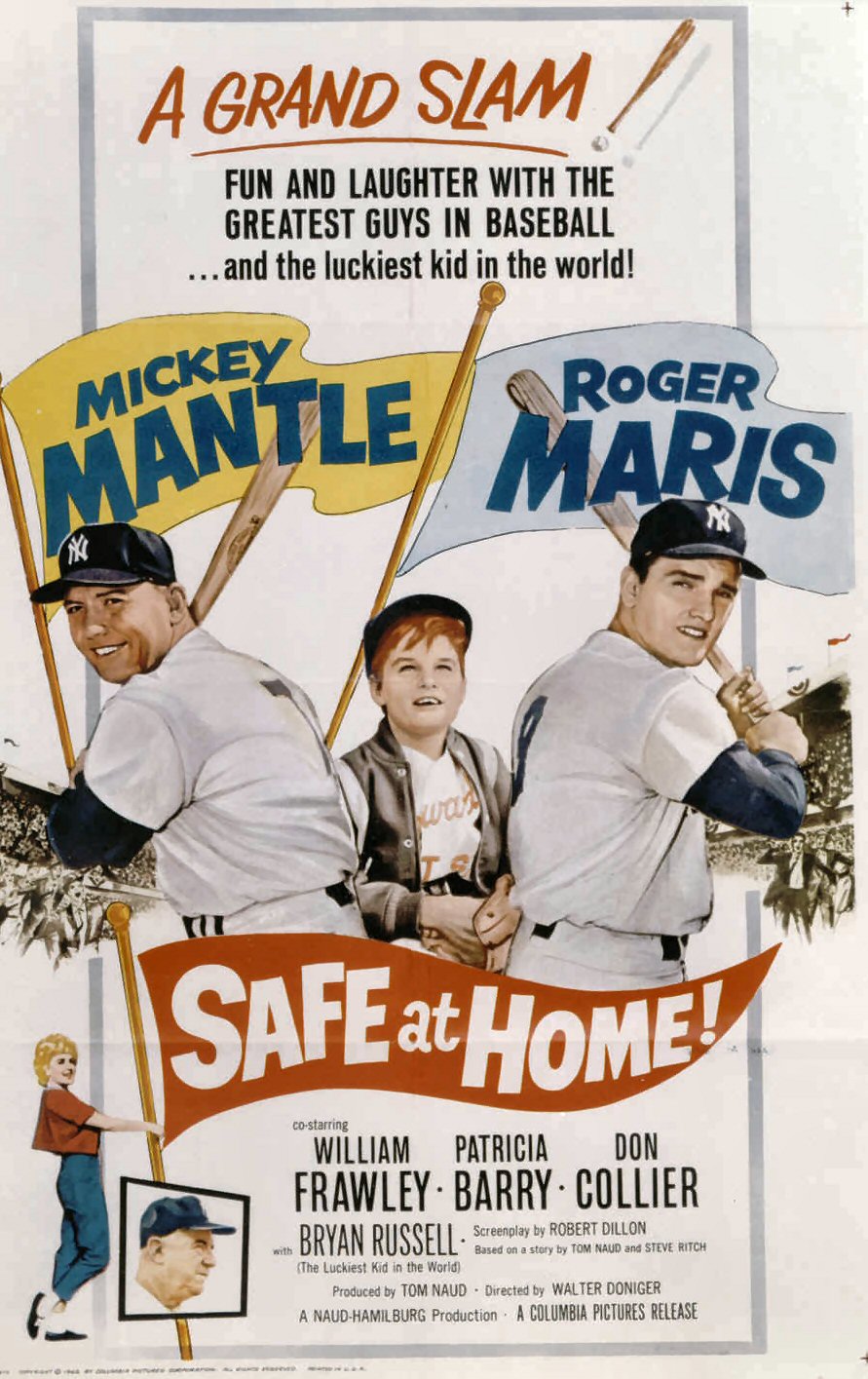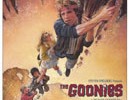The Apostle is a film about a preacher, but it’s not preachy itself. It shows that although someone may label themselves with a religion and stand out as an outspoken spokesman, they may not be the role model everyone sees them as. Nobody’s perfect, but this movie’s pretty darned close in its subtle telling of a Godly man from the south on his quest for conviction.
Robert Duvall, who also wrote and directed the film, is the reason to watch The Apostle. He whops, hollers and preaches with the best of them. He plays Sonny, a human hyperbole who flails his arms, raises his hands and moves his feet to the grooves of the Gospel in a preach-it-brother sort of way. But take him away from the pews and the Sunday best dresses and Sonny is a man full of wrath and anger. Within seconds Sonny can go from screaming praises to punching faces. Masks removed, he’s torn up inside, unsure of what he really believes. Walking down the street in his white suit and sunglasses, he’s a holy man. But in his heart Sonny’s a lost sheep with layers and layers of unshed wool. Scene by scene, Duvall shaves these layers, slowly bringing forth Sonny’s real coat or baggage and questions. Duvall tackles the complex role with ease, switching God-loving to God-hating modes mid-sentence at times. His shouting matches with everyone I’ve seen and heard during early morning televangelists.
Sonny does not set out to hurt people or cheat them. He wants to see them in heaven even though he’s unsure whether or not it actually exists. As the film opens, he stops at a roadside accident, high-tails it into the bushes and begins praying with a young man traumatized inside of his car before the cops see what he’s up to. But when he returns home, Sonny’s personal problems show up. His wife (Farrah Fawcett) wants out of their marriage. In fact, she’s having an affair with the local youth pastor and she’s not going about it all together secretly. After he smacks the male mistress on the side of the head with a baseball bat, Sonny has to hit the road and hide from the law.
His truck takes him (or God leads him, depending on who in the film you listen to) to a neighboring small town. He adopts the name E.F. to hide his identity, but it’s not long before the Southern locals start calling him The Apostle. Sonny builds a church and his hellfire evangelism puts the town on fire for the Lord, but he’s still got his own demons inside that show up whenever he interacts outside of the church.
The Apostle boils down to a man’s journey in search of God. Sonny’s been raised to believe, but he’s still got some issues that put a block on his relationship with the big man. He meets many wise people on his journey, some who are friendly and others who pose as a challenge.
Duvall presents the south in a typical fashion, full of golden sunsets and the simple life. Once inside the church services, the camera takes on a documentary feel. The style makes a subtle switch in angles, exposing Sonny’s soul through decreased background music and the occasional accidental glance at the camera as if he knew it were there.
Running over two hours in length, The Apostle will seem tedious to those who don’t buy Duvall’s search for God. But I saw nothing tedious about it. I was drawn in by Duvall’s southern knack for screaming and shouting, intrigued by the supporting cast and visual style, and moved by the raw emotions expressed throughout.
The Apostle Gallery
